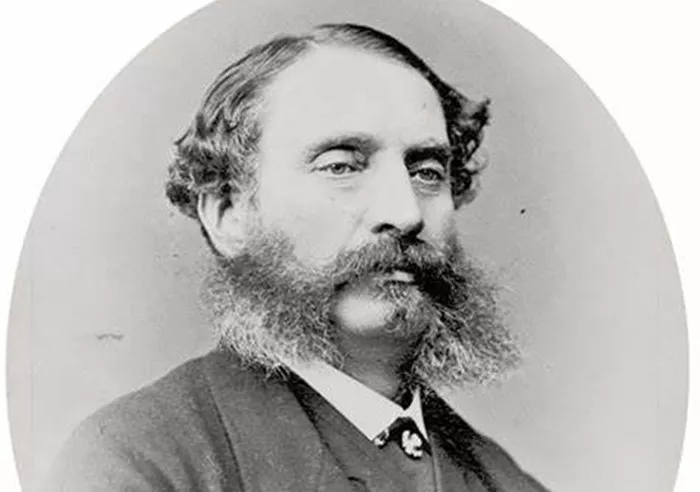The 19th-century German poet Franz von Dingelstedt (1814–1881) occupies a distinct position in German poetry. While he may not have achieved the towering fame of contemporaries such as Heinrich Heine or Eduard Mörike, his contributions to literature, particularly in poetry and drama, reflect the political and cultural transformations of his time. His works offer valuable insights into the socio-political climate of 19th-century Germany, blending literary artistry with political consciousness. By examining his poetry in relation to other poets of the period, one can appreciate his role in shaping the trajectory of German poetry.
Early Life and Literary Influences
Franz von Dingelstedt was born on June 30, 1814, in Halsdorf, a small town in Hesse. He pursued studies in philology and history at the University of Marburg, later working as a journalist and educator. His early engagement with literature was influenced by the Romantic movement, but his later works displayed a more realist and political tone. Unlike the idealistic tendencies of early 19th-century German poets, Dingelstedt adopted a pragmatic approach to poetry, reflecting the political unrest of his era.
The Political and Social Themes in Dingelstedt’s Poetry
One of the defining features of Dingelstedt’s poetry is its engagement with political and social issues. His most famous work, Lieder eines kosmopolitischen Nachtwächters (Songs of a Cosmopolitan Night Watchman, 1841), is a collection of satirical poems that critique the socio-political state of Germany. Written during a period of increasing political censorship and suppression, this collection offered a bold, critical perspective on German society.
His poetic voice was similar to that of Heinrich Heine, another major 19th-century German poet, who also used satire and irony to address political issues. However, while Heine maintained a sharper and more persistent revolutionary stance, Dingelstedt balanced his critiques with an underlying conservatism, particularly in his later years.
Comparison with Other 19th-Century German Poets
To understand Dingelstedt’s position in German poetry, it is useful to compare him with other 19th-century German poets such as Heine, Mörike, and Annette von Droste-Hülshoff.
Heinrich Heine (1797–1856): Like Dingelstedt, Heine wrote politically charged poetry, often infused with wit and irony. However, Heine’s work carried a more radical tone, as seen in Deutschland. Ein Wintermärchen (Germany. A Winter’s Tale, 1844). Dingelstedt, on the other hand, showed a more restrained approach, possibly due to his later career as a court official.
Eduard Mörike (1804–1875): While Mörike focused on lyrical and idyllic themes, Dingelstedt leaned toward social commentary. Mörike’s works, such as Maler Nolten, reflect deep psychological exploration, whereas Dingelstedt’s poetry often served as a mirror to contemporary political realities.
Annette von Droste-Hülshoff (1797–1848): Droste-Hülshoff’s poetry contained both Romantic and Realist elements, much like Dingelstedt’s. However, while she explored personal and existential themes, Dingelstedt was more engaged with the political struggles of his time.
Dingelstedt’s Transition to Drama and Theater
In addition to poetry, Dingelstedt became a successful dramatist and theater director. His career saw a shift from poetry to theatrical productions, serving as the director of the court theaters in Weimar, Munich, and Vienna. His management of the Burgtheater in Vienna was particularly significant, as he modernized stage productions and brought a renewed vigor to German theater. His transition from poetry to theater mirrored a broader trend among 19th-century German poets, who sought new artistic forms to engage with their audience.
Legacy and Influence on German Poetry
Although Dingelstedt did not achieve the legendary status of Goethe or Schiller, his impact on German poetry remains noteworthy. His satirical voice and political engagement provided an important perspective in 19th-century German poetry. His influence is evident in later poets and dramatists who sought to merge literary creativity with political expression. While his career evolved towards administration and theater, his poetic works continue to be studied for their historical and literary significance.
Conclusion
Franz von Dingelstedt represents a unique voice in 19th-century German poetry. His blend of satire, political awareness, and literary artistry places him in the broader tradition of German poets who sought to reflect their times through verse. While he may not be as widely recognized as Heine or Mörike, his contributions to German poetry remain valuable, particularly in understanding the interplay between literature and politics during a turbulent period in German history.

